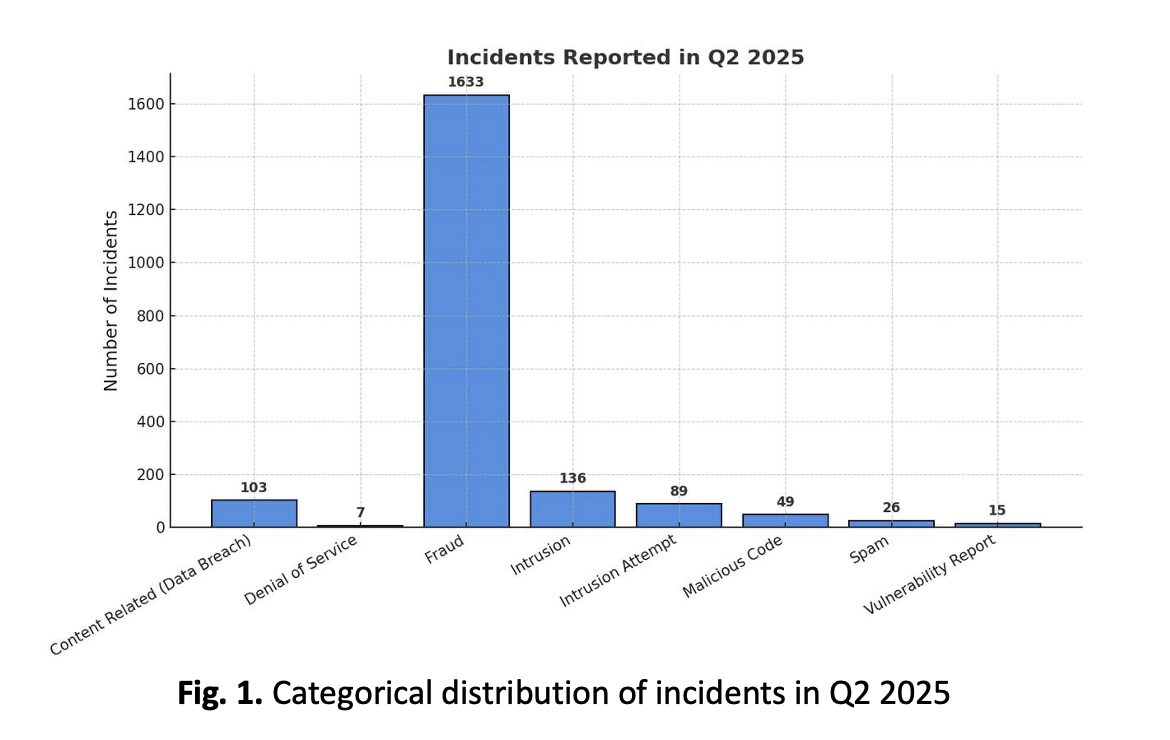
cover
THE PUBLISHER

"NURTURING IDEAS, ENRICHING KNOWLEDGE"
Knowledge has power, but it's much more powerful when it is shared
AIMS AND SCOPES
PIJMLPG covers a diverse range of subject areas, including:
- Law: Topics in international, corporate, and general legal systems
- Policy and Governance: Issues related to policy development, regulatory affairs, and public administration
- Economics and Business: Subjects such as finance, banking, accounting, entrepreneurship, and human resource management, including Islamic finance and economics
- Social Sciences: Research in sociology, anthropology, political science, psychology, education, religious and cultural studies, gender studies, and related disciplines
The journal publishes both original research and review articles, aiming to advance understanding and practice across these overlapping fields.
INDEXING AND ABSTRACTING





Pena International Journal of Modern Law, Policy and Governance (PIJMLPG) is licensed under a Creative Commons Attribution-NonCommercial 4.0 International License.
DISTRIBUTION OF AUTHORS
Malaysia, Indonesia


